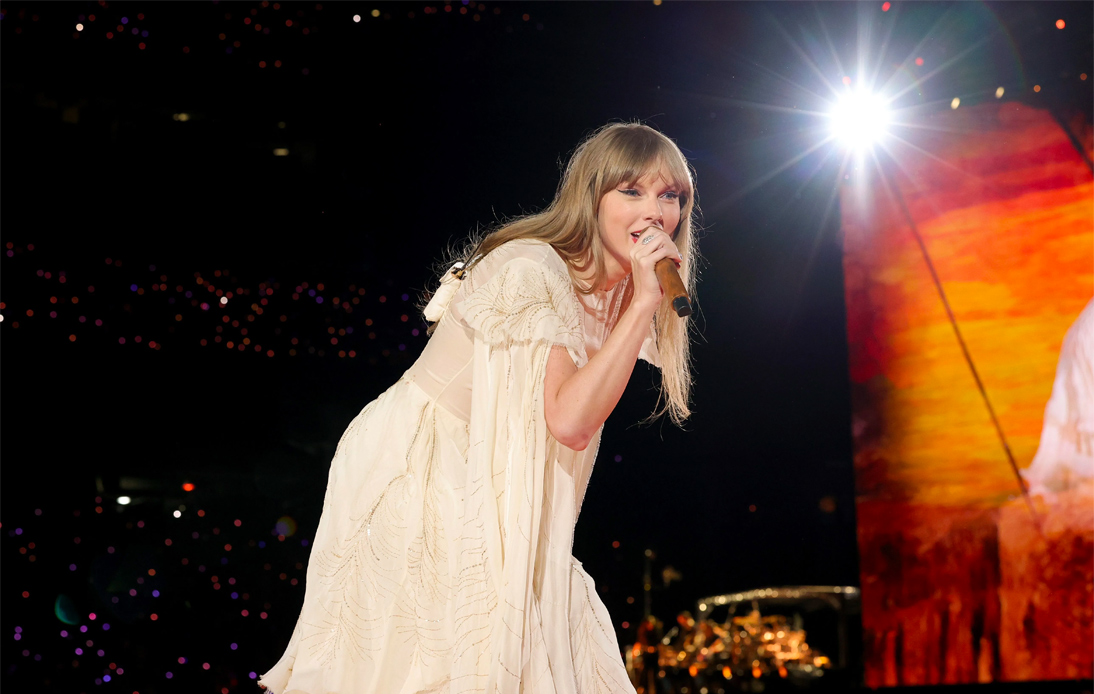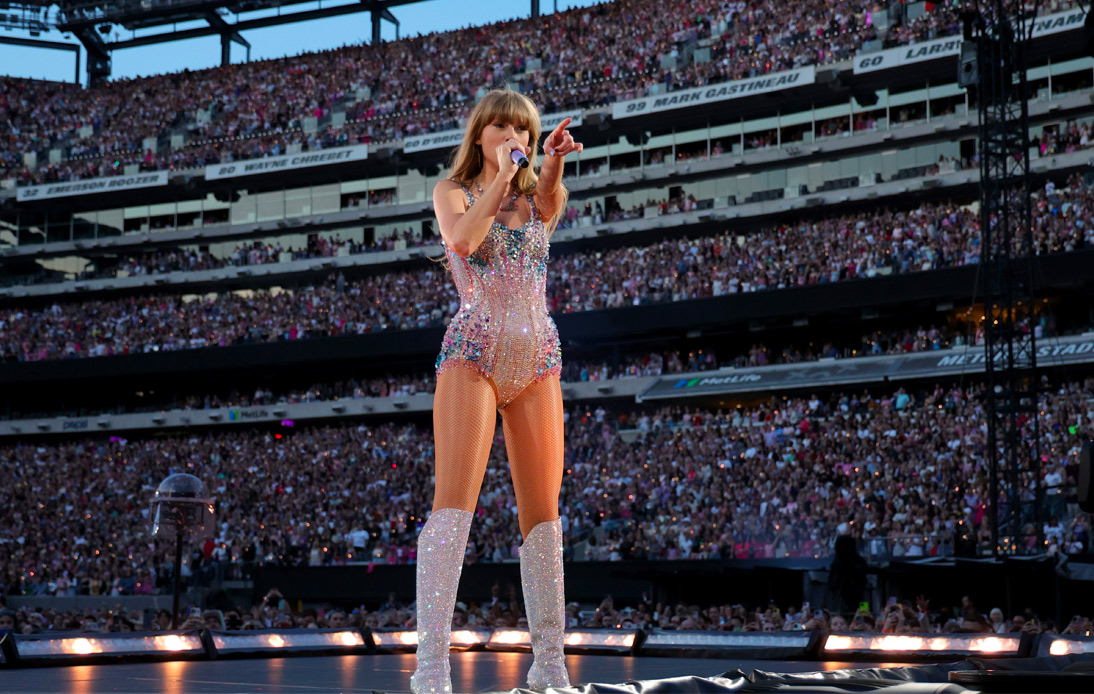
The Eras Tour by Taylor Swift promises an unforgettable evening – with a staggering line-up of 52 shows, 20 stadiums, 10 albums, and 44 songs, each concert extends beyond three hours.
Nevertheless, an array of fans report experiencing memory lapses post attending the show.
“Post-concert amnesia is real,” voiced Jenna Tocatlian, aged 25, to Time Magazine.
Tocatlian, hailing from New York, attended Swift’s concert at Gillette Stadium in Massachusetts.
Having spent a great deal of time envisioning the experience of seeing Swift perform live, she later reported struggling with distinguishing between her imagination and the actual event.
“It’s hard to put together what you actually witness,” she confessed, attributing the confusion likely to an overload of sensations.
“You’re overwhelmed with various emotions while your favorite tunes play, and you’re left wondering, ‘Wow, where am I?'”
During the hour of waiting post-concert to exit the venue, Tocatlian discovered, upon reviewing the song list, that she couldn’t recollect if the singer of “Cruel Summer” had actually performed a number of the songs.
“If I didn’t have the 5-minute video that my friend kindly took of me jamming to [“Better Man”], I probably would have told everyone that it didn’t happen,” she revealed about one of Swift’s surprise songs that night.
Nicole Booz, another fan aged 32 from Gettysburg, Penn., attended Swift’s show in Philadelphia on May 14. She characterized the experience as “an out-of-body experience, as though it didn’t really happen to me.”
“Yet I know it did, because my bank account took a $950 hit to cover the ticket,” Booz informed the magazine.
It appears Swifties are not alone in struggling to “remember this moment.”
Specialists provide an explanation for this event – and it doesn’t necessitate being at a concert to occur.
“This is not a concert-specific phenomenon — it can happen any time you’re in a highly emotional state,” imparted Ewan McNay, an associate professor in the Department of Psychology at the State University of New York at Albany, told Time.
A flood of emotions is strongly linked with memory lapses.
“If you’re at a concert with loved ones, surrounded by enthusiastic crowds and familiar music, intense emotions occur due to multiple simultaneous stimuli,” explained neuroscientist Dr. Dean Burnett, an honorary research associate at Cardiff University.
“As well as being exhausting for the brain, it’s going to mean all the things you experience will have a high emotional quality, which means nothing ‘stands out,’ and that’s important if you want to retrieve a memory later.”
There’s a biological and scientific basis for this bodily response.
Heightened stress triggers erratic firing of memory neurons and prompts the liver to release glucose, fueling memory, cognition, and learning.
The body, perceiving stress, opts not to expend energy on memory creation. The vagal nerves, controlling internal organ functions, also become activated.
This chain causes amygdala – the brain region in charge of emotional processing – to emit norepinephrine, a neurotransmitter that labels certain events as highly emotional, boosting the chance of forming vivid memories.
However, McNay clarified this process resembles an “inverted U,” where a bit of excitement aids memory, but an excess hampers it. He explained moderate excitement improves memory, but excessive excitement hinders memory formation.
Robert Kraft, a cognitive psychology professor at Otterbein University in Ohio, acknowledged that failing to remember anticipated events can be disheartening, but it’s unavoidable.
He emphasized that not being able to remember significant events is not indicative of any deficiency, but rather serves as a nudge that our brains aren’t designed to retain every detail.
Therefore, if you attended a concert but struggle to recall it, don’t fret — you were engrossed in the present moment.





















